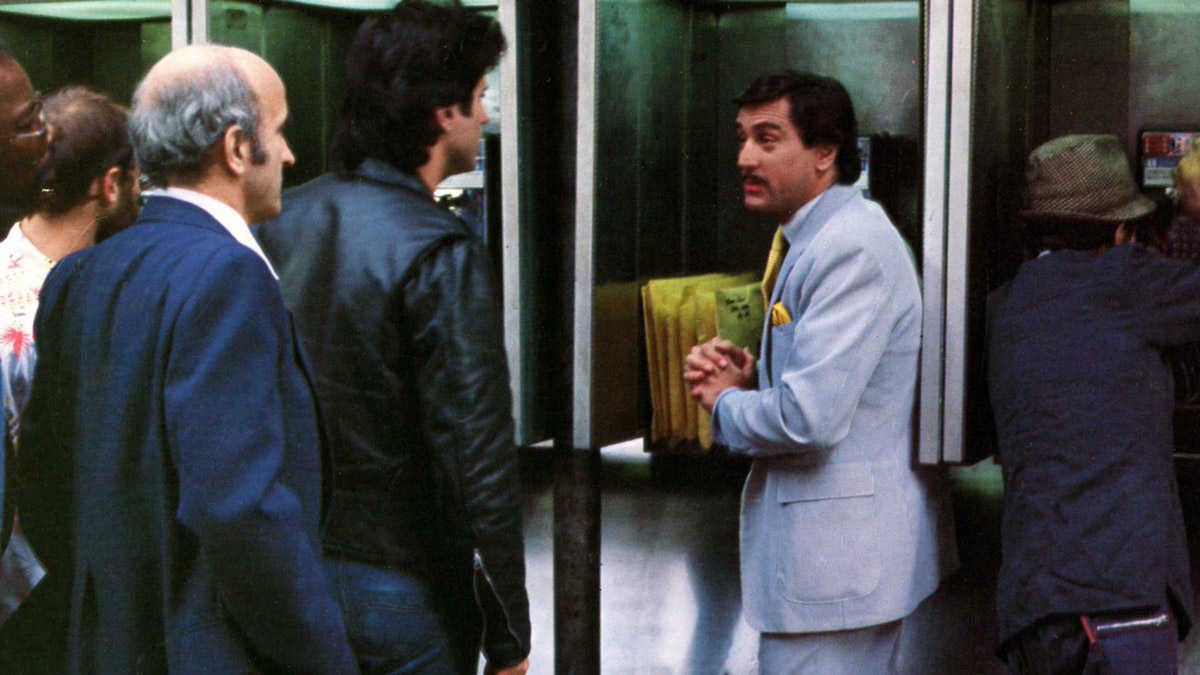
(c) Photofest / Getty Images
"The King of Comedy" The paranoid delusions of a comedian who calls himself King.
2019.10.11
“The King of Comedy” synopsis
new york. Rupert Pupkin, a comedian who dreams of becoming a star, kidnaps famous comedian Jerry Langford and forcibly connects him with him. Pupkin hatches a plan to appear on a TV show in his place, and is under the illusion that he is already a star. Then he approaches Rita, a woman he has liked for a long time, but...
Index
A movie that leaves a bad feeling
"A story that feels realistic and unpleasant requires humor in each scene." This is what director Martin Scorsese said about the movie ``The King of Comedy'' (1982). In fact, this is a movie that leaves you with a bad feeling every time you watch it. When you watch Rupert Pupkin, a self-proclaimed comedian played by Robert De Niro, you feel like you've inadvertently seen the parts of yourself that you don't like, lurking in the depths of your subconscious.
Pupkin lives with his mother. In his room, parts of popular comedian Jerry Langford's (Jerry Lewis) TV shows are recreated, and he spends his days fantasizing about himself appearing as a guest on the show. is. Before she knew it, she became friends with Jerry, chatted with him over meals like co-workers, and gradually became a fanatical fan of Jerry, wanting to surpass him if possible. Director Scorsese says: ``Fans fall in love with the image they create of a star more than the actual image.''
“The King of Comedy” trailer
Scorsese first received the script for the film around 1974, when Robert De Niro gave it to him. When he read the script by former Newsweek film critic Paul D. Zimmerman, he said, ``I'm not an actor, so I couldn't understand how it felt to be seen.'' However, after finishing filming `` Raging Bull '' (1980), which brought De Niro the Academy Award for Best Actor, the director himself seems to have come to understand that people are watching him to a certain extent, so he wanted to work together with him. Apparently he responded to De Niro about making a movie.
By the way, the scriptwriter Paul D. Zimmerman wrote a book about the five brothers Chico, Harpo, Groucho, Gummo, and Zeppo, a group of actors who were active in slap-tip comedy stages and movies from the silent era to the talkie era. He is also the author of "The Strange World of the Marx Brothers." The slapstick comedy elements of this film gradually become dissonant and insane, perhaps due to the perspective of a critic with a deep knowledge of comedy.

